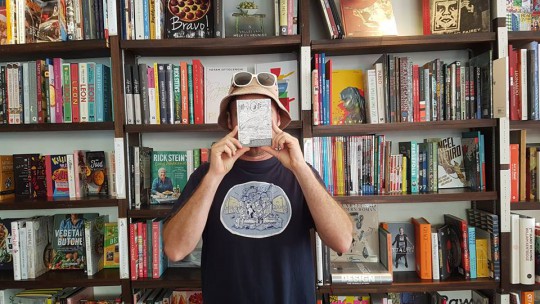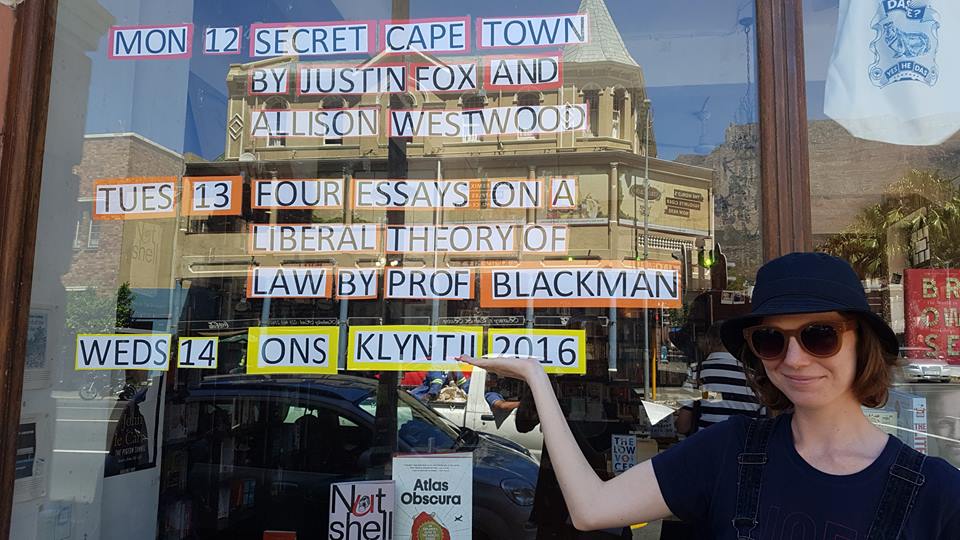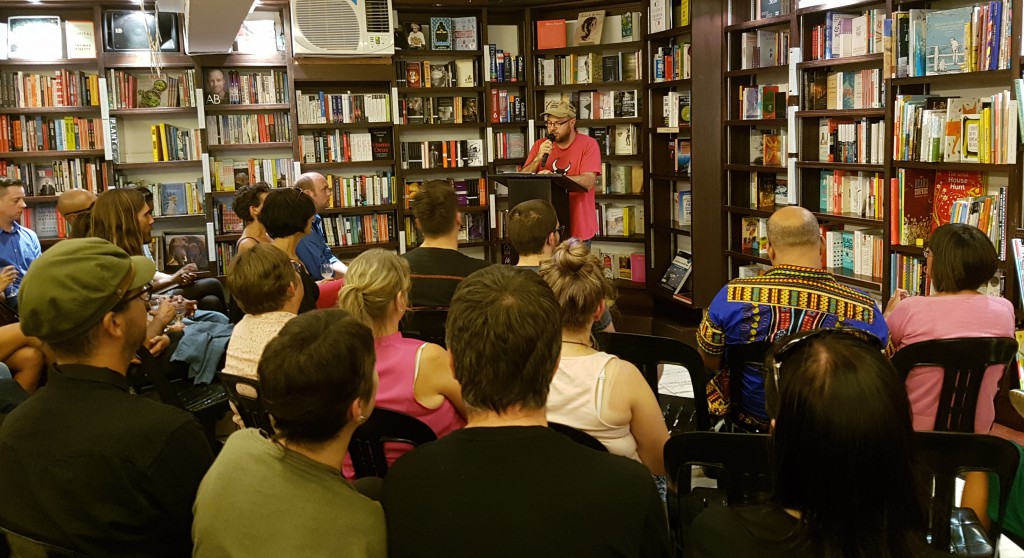Zahra Patterson’s Chronology won the 2019 Lambda Award for Best Lesbian Memoir or Biography. Deserving of the accolades, but defiant of genre conventions, Chronology was inspired by Patterson’s friendship with Lesotho writer and activist, Liepollo Rantekoa, and her attempt to translate a story from Rantekoa’s native language, Sesotho, into English. Produced in collaboration with the editorial collective at Ugly Duckling Presse, Chronology is arguably more a box than a book, a capsule of the writer’s personal and political landscape containing so many loose pieces that keeping it intact requires physical care. Personal notes, diary entries, and photos from are interspersed with essays on the politics of translation, post-colonialism, activism, history, and connection, forming a narrative that firmly deconstructs its own relationship to chronological order and time. Following the Lambda Awards, we reached out to Patterson to congratulate her and ask her to about Rantekoa’s enduring legacy, finding and losing mementos and her decision to learn Sesotho in New York’s public libraries.
—Sarah Timmer Harvey, July 2019
Sarah Timmer Harvey (STH): Chronology opens with an email exchange between yourself and Liepollo Rantekoa. Can you tell me about meeting Liepollo?
Zahra Patterson (ZP): I met Liepollo during a bizarre exchange at a café in a trendy part of Cape Town. I was a tourist, and she worked at Chimurenga, a pan-African journal whose headquarters were nearby. I was taking a long lunch reading and writing, and I might have been the only customer in the café when she entered. She was supposed to be meeting a friend, and she was late, or the friend wasn’t there, and she needed to use a phone. Then she approached my table to ask me to watch her bags—she was going to use the waiter’s mobile to make the call so had to go and buy him minutes first. Basically, within a matter of seconds of entering the cafe, she had both me and the waiter doing her bidding, but she was also very gracious and generous in her authority.
I had recently purchased Dambudzo Marechera’s novel Black Sunlight and had been reading it while I ate, so it was sitting on my table. She was very excited and confused to realize that I, a tourist whose purpose was to watch her bags, was reading one of Africa’s most controversial writers, who was also one of her favorites. A few days later, we were friends, and I moved into her shared apartment in Observatory, a southern suburb of Cape Town. I lived in her house for three and a half weeks, and then we kept in touch via email, gchat, and Facebook. Our close connection was based mostly on a shared ideology that we accessed through literature.





